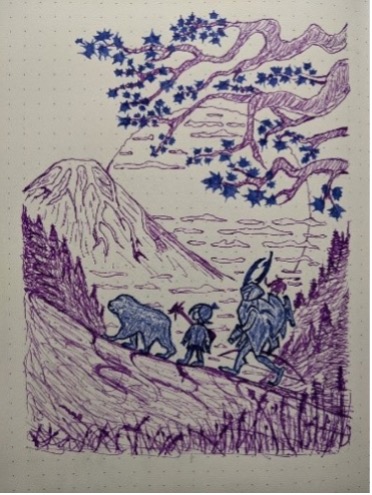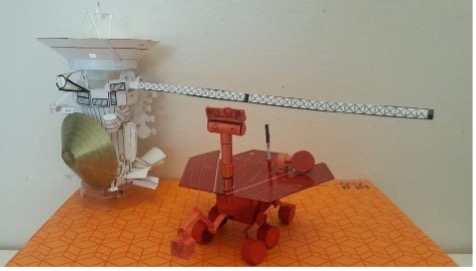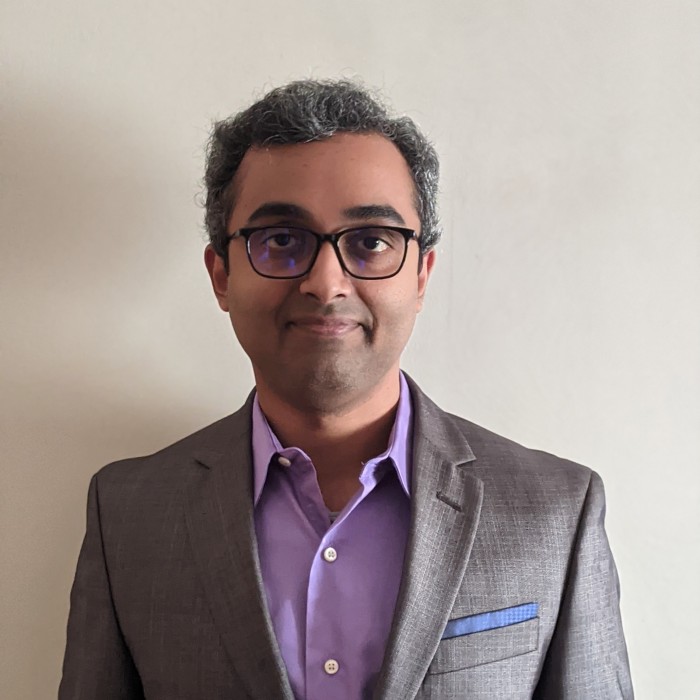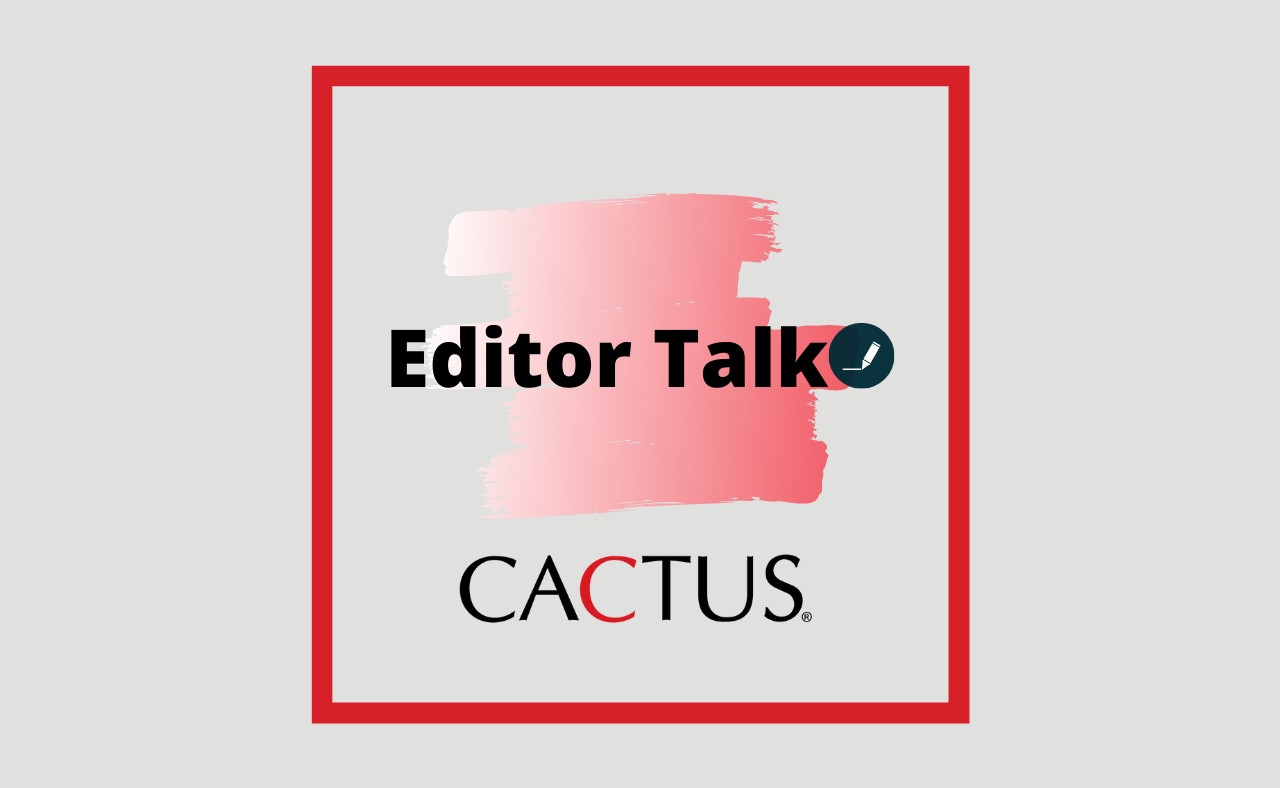I have been a contractual editor with Cactus Communications for about seven months. I have a Master’s degree in Chemical Engineering with a focus on polymer engineering research. This is my first stint in editing, and I’ve enjoyed it so far. I have always been fascinated with the significant role of languages in life; I’ve also been interested in knowing more about them and adapting to their various quirks. Therefore, it was not difficult for me to consider a serious academic editing job at this stage of my career. I’d like to think that I was drawn to the world of editing along the lines of ‘The wand chooses the wizard’. People close to me who are aware of my pedantic nature, on the other hand, are especially glad that I can finally stop bothering them and start working on pointing out other people’s mistakes instead, albeit with a tad more formality and seriousness. I must admit that the unique challenges of editing with respect to deadline management and keeping up with the state of the art have been particularly relishing so far.
In this article, I’d like to discuss my experiences with using positive distractions (hobbies) while transitioning from a cutthroat academic environment to preparing for prospects in similar or tangential areas. I decided to focus on this mostly because my experiences in navigating this hazy period by juggling various hobbies have also been particularly helpful in managing the various stresses of the current pandemic.
My R&D and engineering skills were honed during my graduate studies and I was fortunate enough to work on exciting and cutting-edge research projects; however, issues kept slowly boiling over mostly in terms of nebulous timelines owing to the vagaries of funding and communication issues with busy/indifferent mentors. I was forced to reconsider my career goals and I spent some time recovering trust and confidence in myself to reinforce my expertise in relevant fields of study.
I was (and am) privileged enough to have received incredible support from my loved ones while I navigated those times. This vastly helped in me begrudgingly prioritising self-improvement, a term that is famously admired and absolutely not scoffed at in traditional academic circles. There are numerous anecdotes of young researchers who, for various unfortunate reasons, quit academia entirely and do not have the luxury of working even in a related field. I consider myself extremely fortunate in this regard.
I did not have a hobby until a few years ago because I thought of them as being too highbrow and frivolous at the same time. Over time, I found out that hobbies can assist in improving several aspects of the lives of academics and can renew and sustain one’s purpose in terms of career goals by acting as positive distractions. When I first started exploring my personal interests, certain negative tendencies acquired during my graduate study were seeping into the hobbies as well. Issues regarding ‘perfecting’ these skills led to a rather bumpy and frustrating road. Eventually, these hobbies helped me to redefine burdensome terms such as ‘perfect’ and ‘good’ to my liking. A quote by John Steinbeck helped in cementing this idea: ‘And now that you don’t have to be perfect, you can be good.’
I subsequently delved into and experimented with writing and drawing with fountain pens, physical exercise (running, jump rope, and badminton), making paper-spacecraft models, baking, and fish keeping. Particularly noteworthy highlights of these experiments include spending an embarrassing amount of time (weeks months) trying to translate a fantasy poem from English to Kannada, and accidentally using tablespoons instead of teaspoons when baking (‘hmm maybe the recipe does call for 3 tablespoons of baking soda for a small batch of cake’, I thought to myself). I also became aware of mindfulness, which is another concept that immediately enamours cynical academic types like yours truly; the book Wherever You Go, There You Are was particularly helpful. Reading about Abraham Lincoln’s struggles with what we now call depression and anxiety in the book Lincoln’s Melancholy helped me realize that even high achievers of outstanding character acknowledged these issues and employed various means to deal with them.

I have managed to retain a grand total of one hobby (no, it’s not the immensely helpful physical exercise bit). Surprisingly, there have been no feelings of frustration at juggling several hobbies, dropping most of them for long durations, and going back to them whenever convenient. I have been accused in the past (by myself) of exemplifying the ‘Jack of all trades, master of none’ quote. I am delighted to report that I have dealt with this maturely – by digging into the origins of this phrase to establish its inauthenticity. It turns out that the ‘master of none’ phrase was added much later, and the ‘Jack of all trades part’ did not originally carry any negative connotations.

Essentially, I have come to terms with the fact that I can pick up any of these hobbies at any time as long as they are helping me make consistent progress in my overall career goals. There is no harm in experimenting with multiple hobbies in good faith (within reason/means) and being aware that one can go back to them at their discretion and still derive tremendous enjoyment from them. Feel free to steal borrow your cousins’/kids’/partner’s craft set/fountain pens/other tools to kickstart any of these positive long-term hobbies.

My experience with the CACTUS team so far has been one of respect and professionalism. I have been learning on a daily basis, and I think I’m finally able to distinguish between an en-dash and a hyphen-minus on first glance in a dense manuscript. The contentment I derive from editing has helped ensure that I keep at least one of my hobbies ongoing. Basically, my point is that it is okay to dabble in several hobbies, not be disappointed when some (or most) of these hobbies cannot be sustained, and trust that one of these (or many) can be revisited at any juncture in one’s life with a different outlook. As Terry Pratchett said, “Coming back to where you started is not the same as never leaving.”
There has been a growing tendency to acknowledge difficult issues that plague high-achieving fields such as academia; however, there is still some resistance in this regard. Traditional stiff-upper-lip responses to these issues and referring to them as ‘millennial’ trends are unfortunately common. Personally, it took me a while to reconcile with these issues because of the ease with which they could be deflected, thanks to years of koopamanduka-style academic training. Fortunately, hobbies have helped in acknowledging these problems and dealing with them in a confident and sustainable manner. Nowadays, I very rarely correlate thoughts of temporary self-doubt to overall success and achievement, but whenever I do, I extinguish them by remembering that a certain biologist wrote the following in a letter to his friend on October 1, 1861:
“But I am very poorly today and very stupid and hate everybody and everything.”
About the author

Shantanu Deshpande is a contractual editor with Cactus Communications.
Editor Talk is a new series where freelance and contractual editors share stories about their life and give you a glimpse into the freelance/contractual world. To explore freelance/contractual opportunities with CACTUS, visit here.

